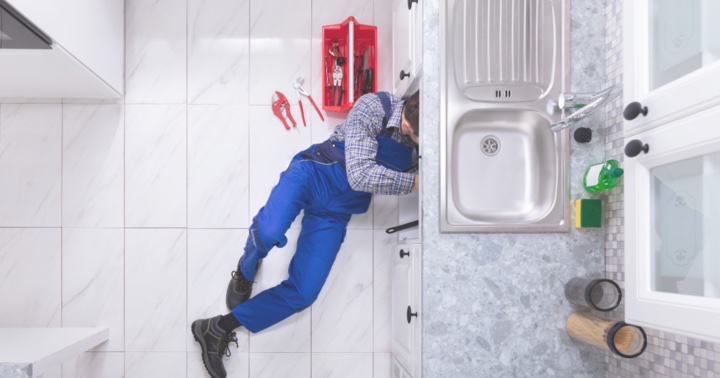A Plumbing Career: What is it Like?

Plumbing, like many manual labor occupations, is a physically demanding activity that may put a lot of strain on the shoulders and back.

When it comes to home care, most people dread one thing: plumbing. While some might pick up a few skills, such as unclogging a drain or replacing an old faucet, the intricacies of more complicated plumbing issues are usually left to specialists.
Because of this, plumbers will always be in high demand, making it a very prosperous career for those starting out or wanting to diversify their skill set. And with an aging workforce, there will be even more room for financial growth in the next few years.
If you have ever been interested in a career in plumbing, this article is for you.
Is Being a Plumber Hard?
Plumbing, like many manual labor occupations, is a physically demanding activity that may put a lot of strain on the shoulders and back. There may be times when you need to work in narrow, wet, and cold conditions while juggling multiple things, but experience, training, and protective gear can keep you safe.
The most significant reward often comes from taking on the jobs others shy away from. As a side perk, the physical labor involved in plumbing can also help with your fitness goals - especially if you are younger and seeking to bulk up or slim down.
As usual, if you have severe health problems or a disability, there are several other high-paying trades you can pursue. However, if plumbing is for you, you must speak with your doctor about your physical fitness and get adequate training to avoid any possible injuries.
How About the Hours?
Plumbing repairs and installations are never routine, as they can occur at any time or night. Some plumbers may work an eight to ten-hour shift on new home construction sites, sewer systems, putting in pipes, fittings, etc. On the other hand, a typical plumber works 35-40 hours weekly. If your employer offers flexible hours, you will have more control over when you work and the potential for more financial compensation.
Becoming a Plumber
Like every other profession, plumbing necessitates education, experience, and guidance. Although there are several barriers to entry in the plumbing business, none are particularly high. Most states only require a high-school diploma or GED as a prerequisite for certification, meaning a college degree is not needed to be a plumber. The standard steps are:
Training: At the beginning of your education, you'll need to attend formal classes at a technical school or become an apprentice under a licensed plumber, generally through a union or trade school. These programs typically last four to five years and include paid on-the-job training. To enter the program, you may need to pass an exam assessing your skills and knowledge. In addition, you will be required to show that you can physically perform the job duties through specific demonstrations or tests.
Certification: You can become a journeyman plumber after completing your training by taking and passing the necessary examinations. Depending on your state, you may need to complete a minimum number of on-the-job hours or take a formal exam before receiving certification. Once you have completed your apprenticeship, you can work for commercial or public entities without supervision or put in bids for contracts.
Contractor Ready: Master plumbers are more experienced journeymen certified by their state. Master plumbers must be able to handle multiple types of plumbing projects and typically require two to five years of experience as journeymen before becoming masters themselves. With the right experience, master plumbers can become supervisors for private businesses or even start their own plumbing companies.
Will You be Happy as a Plumber?
As previously stated, no two jobs are ever the same, and one of the greatest benefits of being a plumber is the opportunity to work on various projects daily. Almost every building in the country has plumbing, from schools to office buildings, and you may be called upon to tackle new initiatives every day. If you want an exciting and challenging job, then plumbing might be the profession for you. This career path allows plumbers to get their hands dirty while constantly engaged.
A career in plumbing can be very financially rewarding, as trade schools are more affordable than college, and apprenticeship programs provide paid work experience. As your skills improve, so does your pay. Every credential you earn raises your earning potential and allows you to seek out more lucrative projects.
So what do you say is a plumbing career for you?
Back to the blog